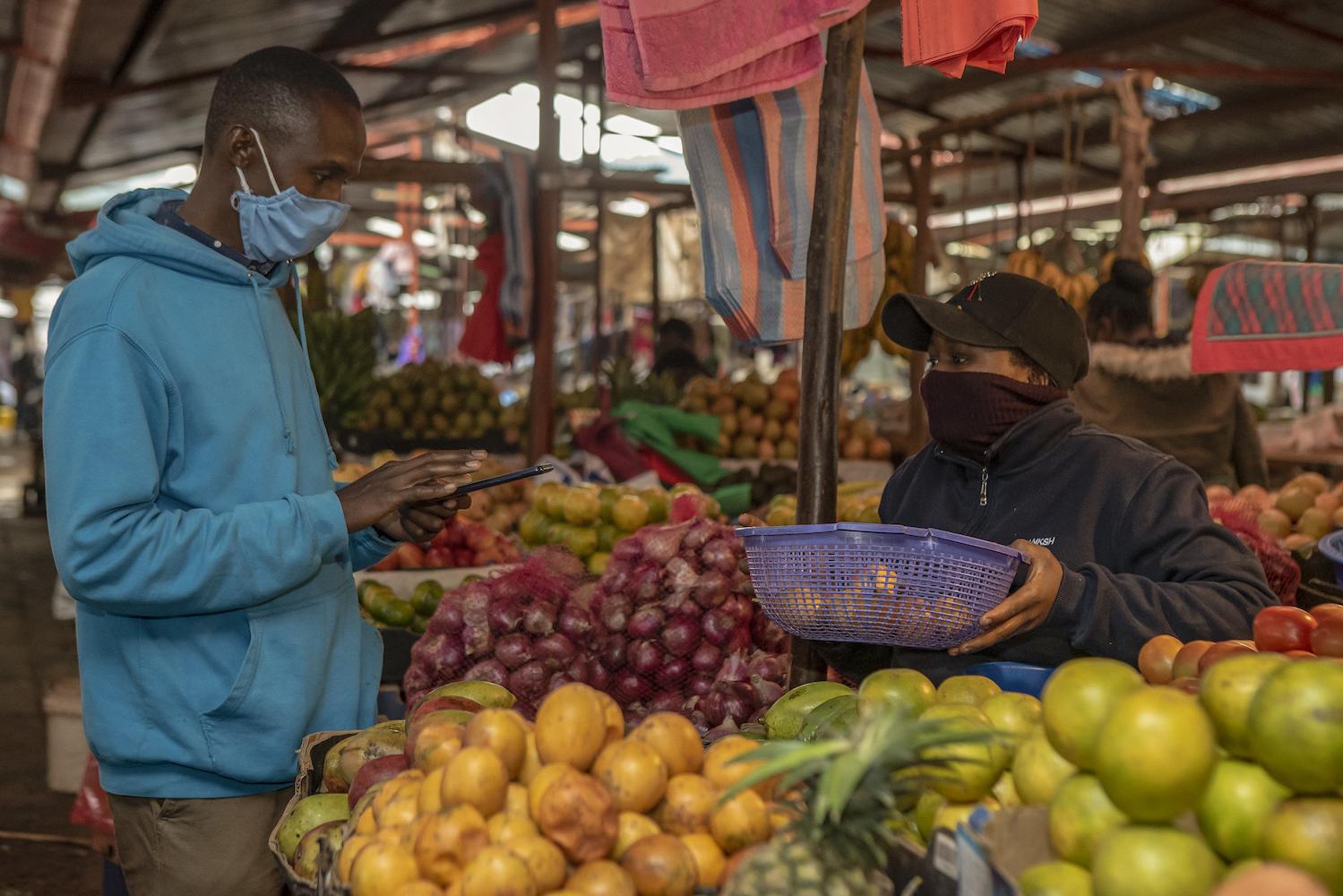The race is on to find more sustainable and functional or healthy alternatives to animal or tropical fats (coconut, palm, cocoa). Does this new generation of “synthetic fats” live up to consumer expectations? This “carbon butter” has the immense advantage of having no negative impact on the environment.
While several startups in the field of new fats use microbes or animal cells to produce some of these more saturated fats, the company Savor, based in San Jose, California, is deploying a thermochemical approach.
Samor‘s process involves capturing carbon, such as CO2 from the air, and combining it with hydrogen using heat to form molecular chains. Then, oxygen from the air is added to create industrial fats and oils. This method, the precise details of which remain secret, is based on chemical processes already available on a large scale, making everything more economical and ecological because the environmental impact is minimal. The product created by Savor also does better than vegetable fats, the majority of which are made up of palm oil and therefore contribute to deforestation.
To create its synthetic products, the start-up started from the observation that all fats are made up of different chains of carbon and hydrogen atoms. His teams then exploited a thermochemical process that produces no greenhouse gases, which consists of taking carbon dioxide from the air and hydrogen from the water.
They are then heated and oxidized, which results in the separation of fatty acids and the formation of fats, such as those found in milk, cheese, beef, and vegetable oils. This technique allowed Savor to design an alternative to butter without any animal exploitation.
Fatty acids are the building blocks of fats and oils. With a library of fatty acids whose elements they can combine at will, researchers can build different products at the other end of the chain. These different products are finally transformed into triglycerides that make it possible to create all kinds of recipes for different applications in the food industry.
What is the status of this new kind of butter? In the United States, it is labeled auto-GRAS (i.e. reputed to be safe). It should find applications in bakery, confectionery and dairy products. An equivalent of cocoa butter will soon follow.
Numerous industrial applications
“We are very flexible,” continues Ms. Cecchini, “and so it is very important for us to have partnerships with actors who know what they need and what they want.”
To date, Savor has developed multiple prototypes that replicate the functional properties of milk fat, cocoa butter, lard, beef tallow and liquid vegetable oils. These prototypes will become essential elements of the future transformation of the food system.
Bill Gates, one of Savor’s financiers, said, “I tasted Savor products and I couldn’t believe I wasn’t eating real butter.
Pilot plant
Savor has raised $33 million to date from backers such as Breakthrough Energy Ventures and Synthesis Capital. He collaborates with high-end restaurants and bakeries in the San Francisco Bay Area, but is also in talks with major consumer packaged goods companies.
Samor’s 2,300-square-meter pilot plant in Batavia, Illinois, has the initial capacity to produce tons of fat, said the company, which has 10 patents pending covering everything from raw material to manufacturing processes and final products.




